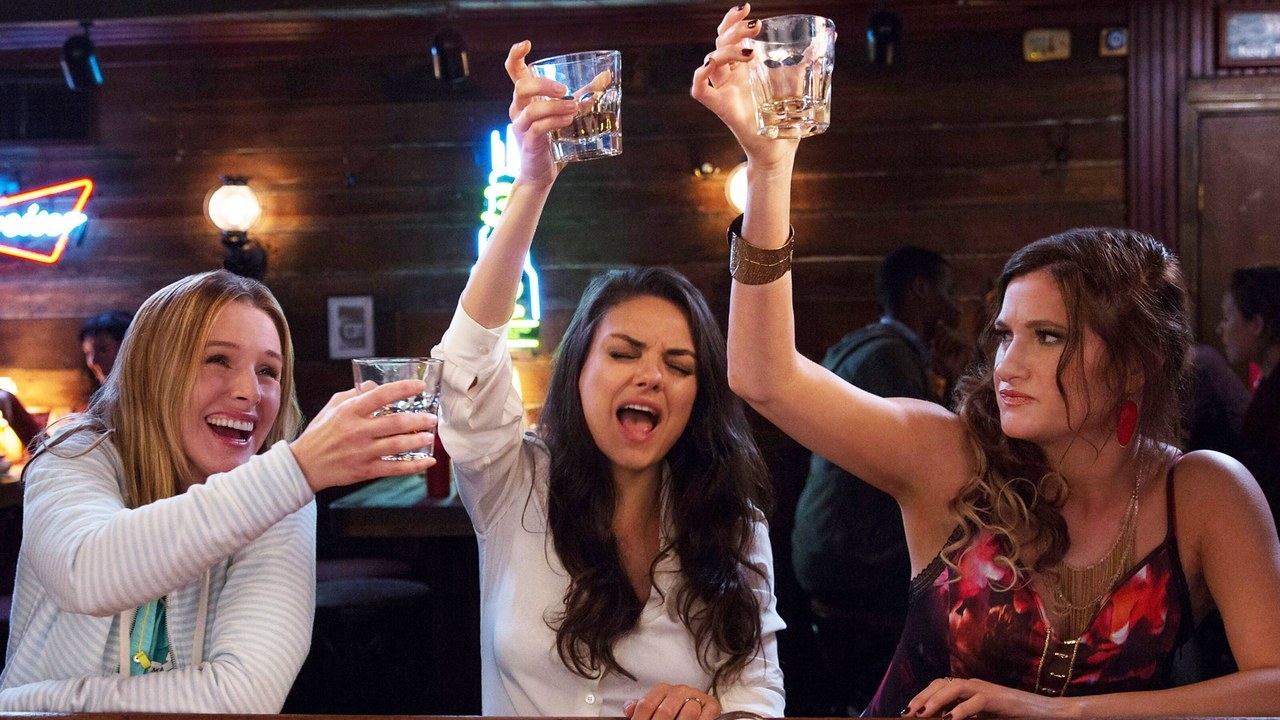Mom’s Night Out Shouldn’t Exist

Part of the reason we even have a perceived need for “mom’s night out” is that parenting has undergone a fundamental shift. In his New York Times review of journalist Jennifer Senior’s book All Joy and No Fun, Andrew Solomon writes that “parenthood as we know it—predicated on the unconditional exaltation of our children—is no more than 70 years old, and it has gone through radical readjustments over the past two generations.”
Expectations around parenting are so great now that of course parents (read: moms) need a break from making sure that little Joe is getting an A in social studies; that Emma has a dozen or so friends to invite to her sleepover; that Benjamin is seeing the best possible sleep specialist. For parents in the 1800s, children were born and reared to help alleviate the workload on the farm, with ideas about success tied more to harvesting food and caring for animals than to a letter of admission to an Ivy League school. But now that parents are dealing with raising exceptional children with exceptional grades and exceptional futures, the pressure needs an outlet. The pressure falls on the shoulders of moms—and the outlet? We’ve decided it’s a night or two out at a small-plates restaurant.
In A Perfect Madness—her 2005 examination of modern (middle- and upper-class) motherhood—Judith Warner writes that “the women around me, for the most part…had comfortable homes, two or three children, smiling, productive husbands, and a society around them saying they’d made the best possible choices for their lives, yet many of them seemed just miserable.” Over a decade later, the unease persists, but now with social media. Instagram beams out “perfect mothers,” who never seem to need an hour to themselves just to scream into the void and still find time to make homemade party favors for their children’s birthdays. These moms’ “nights out” end at 8 p.m. to be home in time to tuck their kids into bed. (When a dad shows up on the ‘gram, he’s lavished with praise for being so “hands-on.”)
So what do we want? The occasional mom’s night out isn’t a bad idea—moms, like all overworked people, need social structures of support (and sometimes lemon-drop martinis). But the implication that whenever a woman leaves her children after dark she’s having a “mom’s night out”—as in the Hathaway case that Curtis Sittenfeld tweeted about—reinforces the notion that moms are their children’s caregivers and that dads are, at best, backup babysitters. (Never mind that the event Hathaway attended, the Critics’ Choice Awards, was a work-related event, not a round of drinks out with a group of girlfriends.)
As with most things, there is a compromise to be had here: It isn’t enough to suggest that moms be allowed to find a greater sense of identity outside the home and apart from their children; dads also need to find their sense of identity within it. Studies show that couples who share household chores are happier than those in which the woman does the bulk of the domestic work; it also stands to reason that children benefit from the sustained presence of both of their parents.
And then there’s the question of who gets to have a “mom’s night out.” Sure, Anne Hathaway with her coiffed hair and sequin dress can go to a red carpet gala. My friends and I can plan a night out at the latest restaurant—we have time, some disposable income, and supportive spouses. But no one guarantees a mother time to herself—not in the immediate aftermath of work with a federal paid leave program and not as children grow up. Meanwhile, the moms who most need a break from the relentless work of childcare are the ones who are least likely to be able to get or afford it.
If mama ain’t happy, ain’t nobody happy. But it’s going to take a lot more than a few cocktails a month to make mama happy. It is going to take the equal partnership of papas. It is going to take structural change that means that both parents get time off of work when a child is born. It is going to take, in other words, a lot more than a mom’s night out. So put on that lipstick. Zip up your sequin dress. Mama’s going out—she’s gonna get herself a revolution.
Laura Turner is a writer living in San Francisco. She is currently at work on a book project about the cultural history of anxiety. Follow her on Twitter @Lkoturner.